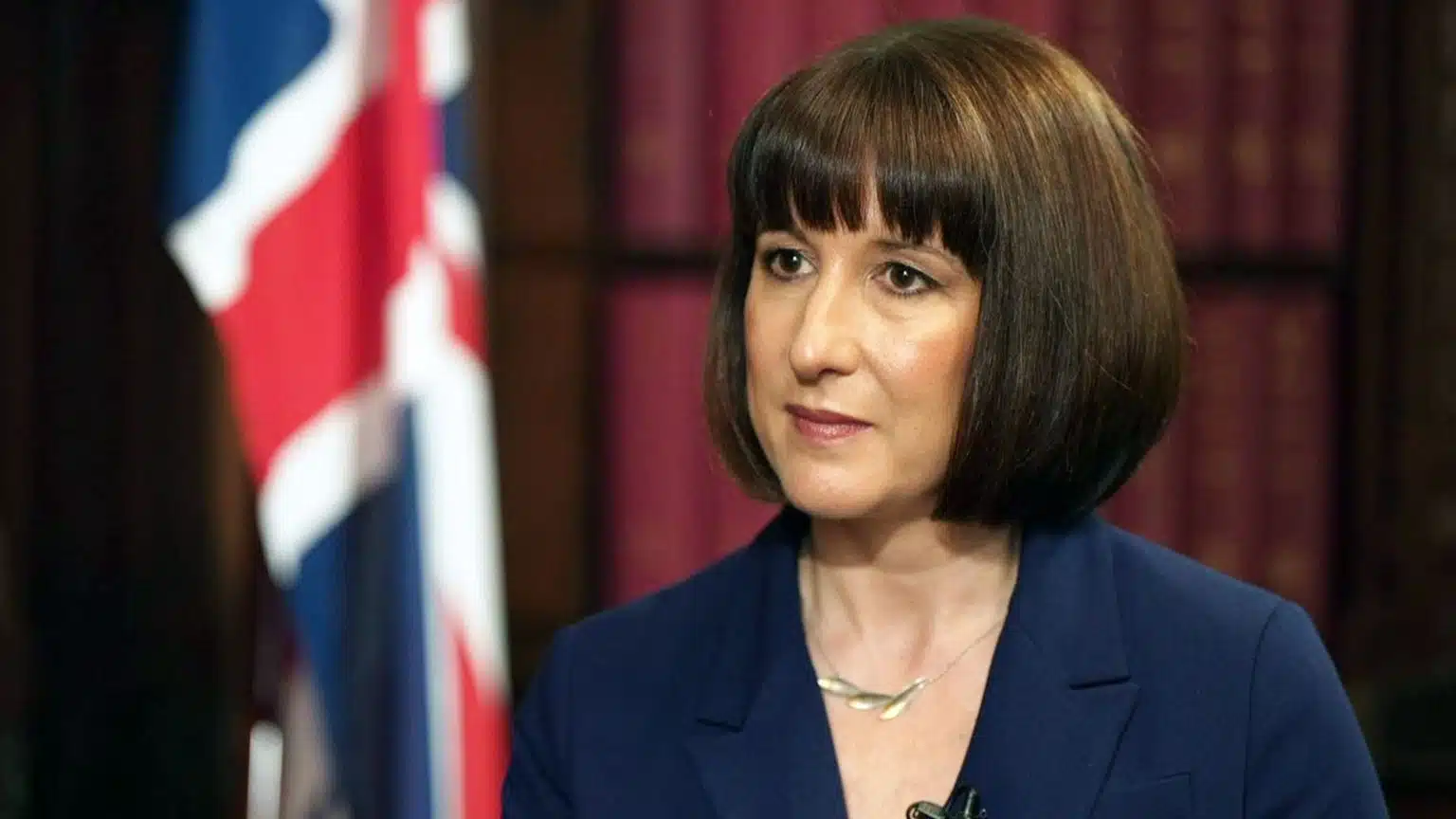Chancellor Rachel Reeves is expected to proceed with plans to remove about £300m worth of tax breaks from the Motability scheme, which provides cars to disabled people.
Although the Treasury had reportedly examined options to cut tax reliefs worth up to £1bn, ministers have stepped back from the most drastic proposals amid fears they could destabilise the Motability scheme.
The savings are now expected to fall well below the £1bn figure, with one government source saying that level of reduction had never been realistic.
As part of the budget, Reeves is set to withdraw certain tax reliefs for Motability vehicles, including applying the insurance premium tax , a change that would increase leasing costs and charging VAT on advance payments for higher-value cars.
However, ministers have ruled out ending VAT exemptions on the sale of ex-Motability vehicles due to the potential damage it could inflict on the functioning of the scheme.
Motability enables disabled people to use their personal independence payment (PIP) mobility component to lease a new car for three years.
The programme is operated by a private company under the oversight of a charitable foundation, which purchases the vehicles and sells them after the lease period ends.
The budget changes follow Motability’s recent decision to remove premium brands such as BMW and Mercedes from eligibility. While a small proportion of users make advance payments to access higher-end models, luxury vehicles account for only 40,000 — around 5% — of the 800,000 cars on the scheme.
Meanwhile, Motability has long faced criticism from some right-wing politicians and media outlets who argue that too many people receive free cars. In reality, vehicles are paid for through claimants’ benefits, and only those on the enhanced mobility element of PIP or similar benefits qualify.
Disability groups and several Labour MPs have raised concerns about any changes that would make car ownership more costly for disabled people. Commenting on the removal of premium vehicles, shadow work and pensions secretary Helen Whately criticised the move as mere window-dressing that would not save public money.
Reeves is also expected to announce a broader effort to reduce fraud and error in the benefits system, alongside a commitment to end the two-child limit on universal credit at an estimated annual cost of £3bn.
The chancellor has signalled that welfare reform will be a key priority speaking to the media, she said; “We can’t leave welfare untouched … We can’t get to the end of this parliamentary session and I’ve basically done nothing … We have to do reform in the right way and take people with us.”
However, any significant changes could deepen tensions within Labour, where MPs are increasingly anxious about the party’s polling performance and the falling popularity of both Keir Starmer and Reeves.
The leadership also faces electoral pressure from Reform UK on the right and the Greens on the left.



